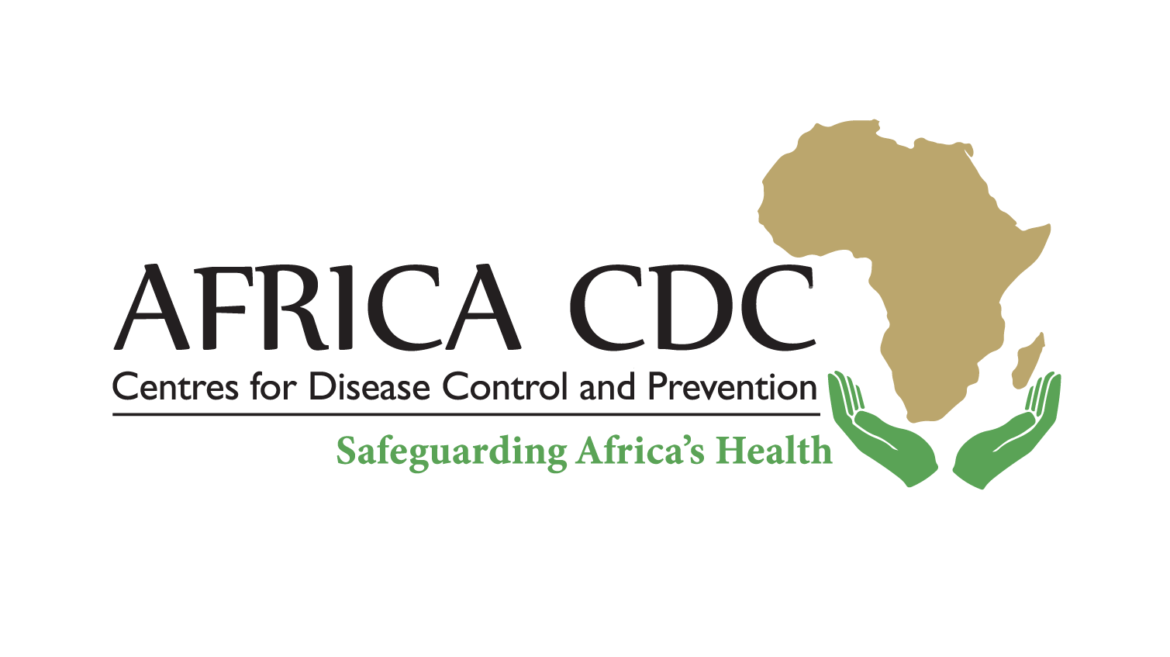By Iyamah David
The Africa Centres for Disease Control and Prevention (Africa CDC), has raised alarm over multiple ongoing outbreaks across the continent, while announcing fresh partnerships and funding support aimed at strengthening Africa’s health security.
Director General of Africa CDC, Dr Jean Kaseya, said this during the weekly media webinar news conference held in Addis Ababa, Ethiopia.
He said that the continent is witnessing a heavy disease burden, with more than 116,000 suspected cases of Mpox, 254,000 cholera infections and more than 116,000 measles cases reported between January and September 2025.
Other major outbreaks, he said include dengue fever, Lassa fever, Ebola in the Democratic Republic of Congo (DRC) and a new Rift Valley Fever outbreak in Senegal.
“These outbreaks, according to Kaseya, continue to challenge Africa’s already fragile health systems,” Kaseya said.
To strengthen response capacity, he said that Africa CDC signed a landmark Memorandum of Understanding with UNAIDS to expand Africa’s health workforce, enhance local manufacturing, and ensure sustainable HIV responses.
Dr Kaseya said that the United Kingdom government also approved direct funding to the Africa CDC, marking a significant milestone in the agency’s bid to establish financial independence and accountability.
On Ebola, Kaseya confirmed that Kasai province in DRC has recorded 53 confirmed cases and 31 deaths, but vaccination campaigns have already reached more than 9,000 people, including frontline health workers.
He also said that Mpox remains the most widespread outbreak, with 26 countries affected this year, although cases have begun to decline in some high-burden regions.
He said that 150,000 new vaccine doses would be deployed to Uganda, Kenya and Liberia in the coming weeks.
He said that global solidarity and innovation, particularly the use of artificial intelligence in epidemic intelligence, were key to preventing future pandemics.
“Harnessing innovation is vital to strengthening Africa’s preparedness and protecting our people from future health threats.
“Together, with global solidarity, we can safeguard communities everywhere,” he said.
He also highlighted the ongoing Continental Cholera Plan 1.0, warning of new surges in Chad, DRC and Angola due to flooding, population displacement and poor water and sanitation conditions.
He urged member states and partners to scale up surveillance, vaccination and cross-border coordination to stop the spread of these epidemics.




